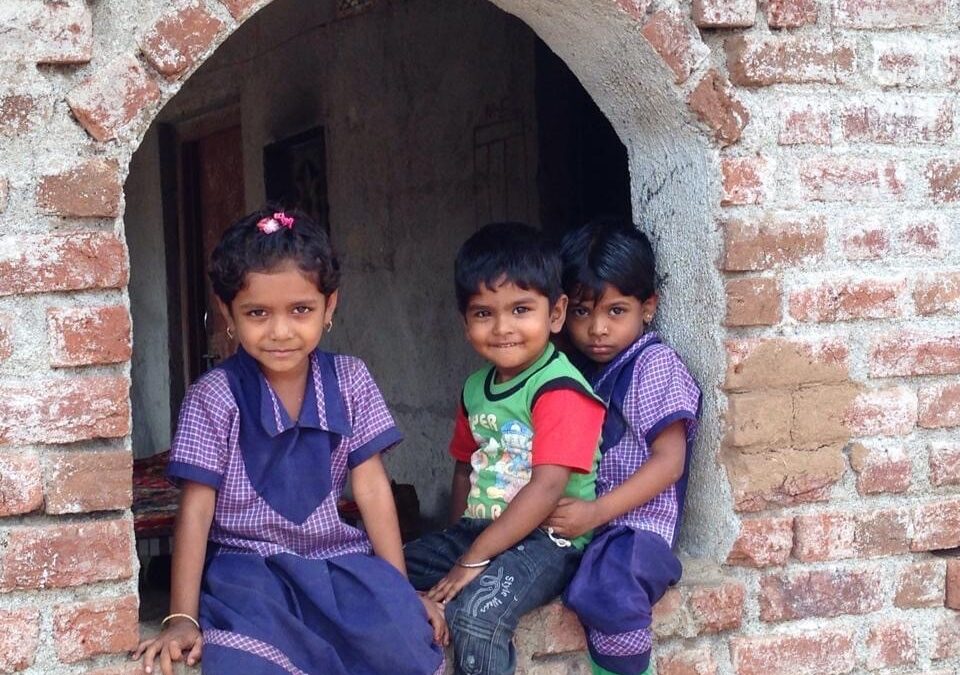God measures success in His time, not ours.
Several years ago, I was traveling in India. Our team landed in Mumbai, and then drove for a full day to reach a small church in a remote little village. We were there to talk and learn about the safe water project we had been working on with the church. We sat down to talk with the pastor, and he informed us the Bishop would be joining us.
We chatted for a while and soon the Bishop arrived. After asking about his life and family, I inquired why he was called the Bishop when the church was not part of any larger denomination. He said they call him the Bishop because he planted that particular church and was part of a team that planted 200 other churches in that part of India.
I was intrigued and wanted to know more about his childhood and spiritual life. In a country that is not predominantly Christian, what was the catalyst that moved to Christian ministry?
He said he was raised by a single mother who was severely disabled. Her mobility was very limited and, as a result, she had a hard life. One day, his mother heard that Jesus was a couple of villages away, healing people. Something in his mother’s spirit clicked into gear. She collected her walking sticks and slowly made her way onto a bus and over to the village to see Jesus.
Of course, it wasn’t actually Jesus who was there. It was a man who was talking about Jesus.
That day, his mother heard the Gospel message for the first time and was completely overcome with emotion learning about the one true God, who came as the sacrifice, rather than requiring one. She edged her way to the front of the crowd and received a healing. Later she returned home to her village, without any need for her walking sticks, and with a Bible under her arm. She was truly healed.
She couldn’t read the Bible, but her son, the man who would one day be called the Bishop, could read it.
He read it to her every night for years, and over time, he came to faith in Christ himself. It was at that point that he joined a local church planting team.
When the Bishop reflects on all of the people who have come to faith because of that first interaction between his mother and God in that remote village, through the faithfulness of a Christ follower from the U.S., the Bishop says he is filled with gratitude. “If I get to Virginia one day, I’m going to find that church and thank them,” he said. “Now we have hundreds of churches in India all because of what God did through that one person.”
The man from Virginia may not be aware of the light that is spreading in India thanks to his courage. He may have left wondering if anything ever happened as a result of his work. But that’s okay. God measures failure and success in His time, not ours. This man did what he was told, and that’s really all that matters.
So here’s the question: are we willing to stop using human, worldly ideas to measure our effectiveness? Are we okay with making investments that we may never know the results of on this side of heaven? Are we comfortable not having a success story to share with friends and family around the holiday dinner table, or a neat and tidy impact statement for our resume?
Now don’t get me wrong, being wise and diligent when making a decision is one thing, attempting to measure the real impact God wants to have is quite another. Remember, when we do what we can do, God will do what only God can do. We’re ALWAYS just one piece of the puzzle.
The thing about fear is that at the end of the day, just being afraid doesn’t mean our assignment goes away. Or that our Father will no longer call on us. Me being afraid, you being afraid, does not change God’s direction. It’s really just about what we’re willing to go through to follow Him.
What will you push through? How are you going to let faith, instead of fear, guide your days?
